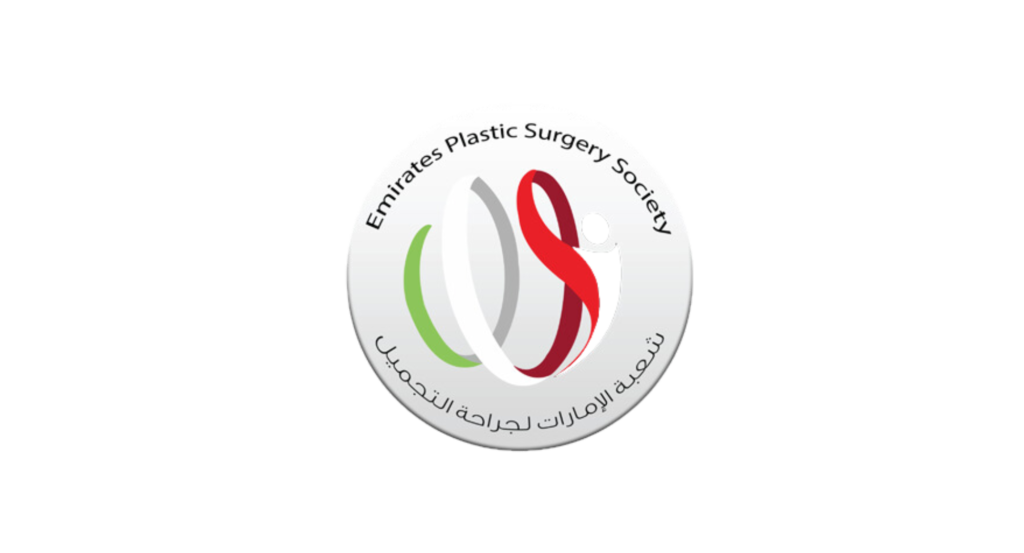Gynecomastia Surgery in Dubai
You don’t have to let gynecomastia keep you from feeling more confident about your body. With the help of a skilled plastic surgeon in Dubai, you can restore a natural, masculine appearance to your chest.
Dr. Tarek Aesthetics uses some of the latest technology and experienced surgeons to give you the looks that you desire within a short period with virtually invisible scars.
QUICK FACTS
Anesthesia
General Anesthesia
Procedure Type
Surgical
Duration
2 Hours
Recovery Period
Two Weeks
About Tarek Bayazid
Dr. Tarek Bayazid is a member of the American Society of Plastic Surgeons (ASPS), the International Society of Aesthetic Plastic Surgery “ISAPS”, and the Emirates Plastic Surgery Society (EPSS). He is proudly a member of the most prestigious societies worldwide such as the Melbourne Advanced Facial Anatomy Course – MAFAC from Australia by the eminent Dr.Mendelson.
Dedicated to excellence in Plastic Surgery Dr.Tarek Bayazid provides a wide selection of today’s most sought-after aesthetic procedures. His patient-focused approach and dedication to being at the forefront of his expertise have resulted in unsurpassed outcomes for his clients.
Whether you seek non-surgical enhancement or a full menu of surgical procedures, Dr Tarek Bayazid will deliver and execute a plan that impacts a patient’s life quality.
After receiving his MD from Belgrade University, Dr Tarek Bayazid completed his plastic surgery residency at the Clinical Center of Serbia. He trained under many notable plastic surgeons in Europe.
What Dr Tarek’s Clients say on
Google Reviews
What is gynecomastia?
Gynecomastia is a condition where there are overdeveloped or enlarged breasts in men. This condition can occur at any age and can result from obesity, the use of particular drugs, hereditary issues, or hormonal changes.
This condition is characterized by:
The weight of the excess breast tissues causes the breasts to sag. In severe cases of gynecomastia, some people may also find the areola stretched.
What is gynecomastia surgery?
Gynecomastia surgery is a surgical procedure performed by a plastic surgeon to reduce the size of breasts in men, flattening and giving them more masculine chest contours. This surgery is considered an outpatient procedure, meaning you only have to spend a few hours at the clinic as you plan to head back home during the surgery day.
Who is a good candidate for gynecomastia surgery?
Gynecomastia is not a weight loss program or a method to treat obesity. Ideal candidates are of good health, without any underlying conditions, and those that are looking to complement their exercising and dieting efforts.
Here’s how you can know if you are a good candidate for gynecomastia:
The procedure
Before surgery
You will first go through consultation with a qualified plastic surgeon in Dubai to assess your condition. During the initial consultation, your gynecomastia surgeon will:
During surgery
Gynecomastia surgery in Dubai is considered an outpatient procedure, and the patient usually heads back home after the surgery on the same day. Your surgeon will administer local anesthesia, while intravenous sedation and general anesthesia are other options on the table.
In most cases, there are two most common methods of conducting gynecomastia surgery: through the liposuction technique and the excision technique. Your surgeon will advise on the best method to assist you to achieve your results.
After surgery
Your surgeon will use drains to collect excess blood or fluid, which should be used for about a week or so. You may experience mild to moderate pain for the first couple of days, which can be controlled through the prescription pain killers that you’ll get from your doctor.
You may return to work after about a week of rest. However, you will still be banned from any strenuous physical activities that may cause tension or friction on your healing incisions, at least for the next two weeks.
Gynecomastia is a condition that almost every mad dreads. Fortunately, you can get your self-esteem and confidence back by getting the best gynecomastia surgery in Dubai.
Reach out to some of the best plastic surgeons in the game at Dr. Tarek Aesthetics, and we will give you the body that you so much desire. Schedule your appointment today.
Free with all surgical procedures
Get a free LPG Medical Endermologie® massage worth AED 5000 for every surgical procedure your procure at Dr. Tarek Aesthetics. The Medical Endermologie® is a new, state-of-the-art technique used by top surgeons to prepare and soften skin tissue. This helps limit the side effects and complications you’d get from the procedure, thus maximizing the surgery’s success.
Thanks to its draining effect, the treatment allows bruises and edema from the operation to be resorbed much faster after your surgery. The LPG Medical Endermologie® massage also stimulates the fibroblasts (cells of the dermis) to restore your skin’s elasticity and suppleness, hence promoting a much better recovery process.
Get all these for free with every surgical procedure at Dr. Tarek Aesthetics.
Pre-operative and Post-operative Care For Gynecomastia
Here are the pre-operative and post-operative care for Gynecomastia:
| Aspect | Pre-Operative Care | Post-Operative Care |
| Medical Evaluation | 1. Complete blood count 2. EKG if necessary based on age and medical history. 3. Hormone profile if required. | Monitor for any complications or abnormalities in vital signs. |
| Medications | 1. Avoid aspirin, NSAIDs, or any blood thinners. 2. Stop any medications that might exacerbate gynecomastia after discussing with the physician. | 1. Pain relief as prescribed by the doctor.<br>2. Antibiotics to prevent infections. |
| Dietary Restrictions | Fast for 8-12 hours before the surgery if general anesthesia is being used. | Maintain a balanced diet and ensure adequate hydration. |
| Counseling | Understand the procedure, risks, and expected outcomes. Ask any questions and set realistic expectations. | Follow-up sessions to assess emotional well-being and satisfaction with the results. |
| Hygiene | Shower with a mild antiseptic the night before and the morning of the surgery. | Keep the incision areas clean and dry. Regularly change dressings as advised. |
| Clothing | Wear loose and comfortable clothing on the day of the surgery. | Wear a compression garment as prescribed by the surgeon to minimize swelling. |
| Physical Activities | No need for specific restrictions, but get adequate rest. | 1. Avoid strenuous activities and lifting for several weeks. 2. Resume exercise as advised by the surgeon. |
| Follow-up Appointments | Schedule the surgery and any necessary pre-op consultations. | Regular check-ups to monitor healing, remove stitches (if non-absorbable), and assess results. |
| Complications to Watch For | N/A | 1. Signs of infection (redness, warmth, discharge). 2. Excessive swelling or bleeding. 3. Unusual pain or discomfort. |
| Emotional Preparedness | Understand that post-surgery, there might be temporary scars, swelling, or asymmetry. | Seek support groups or counseling if feeling depressed or unsatisfied with results. |







